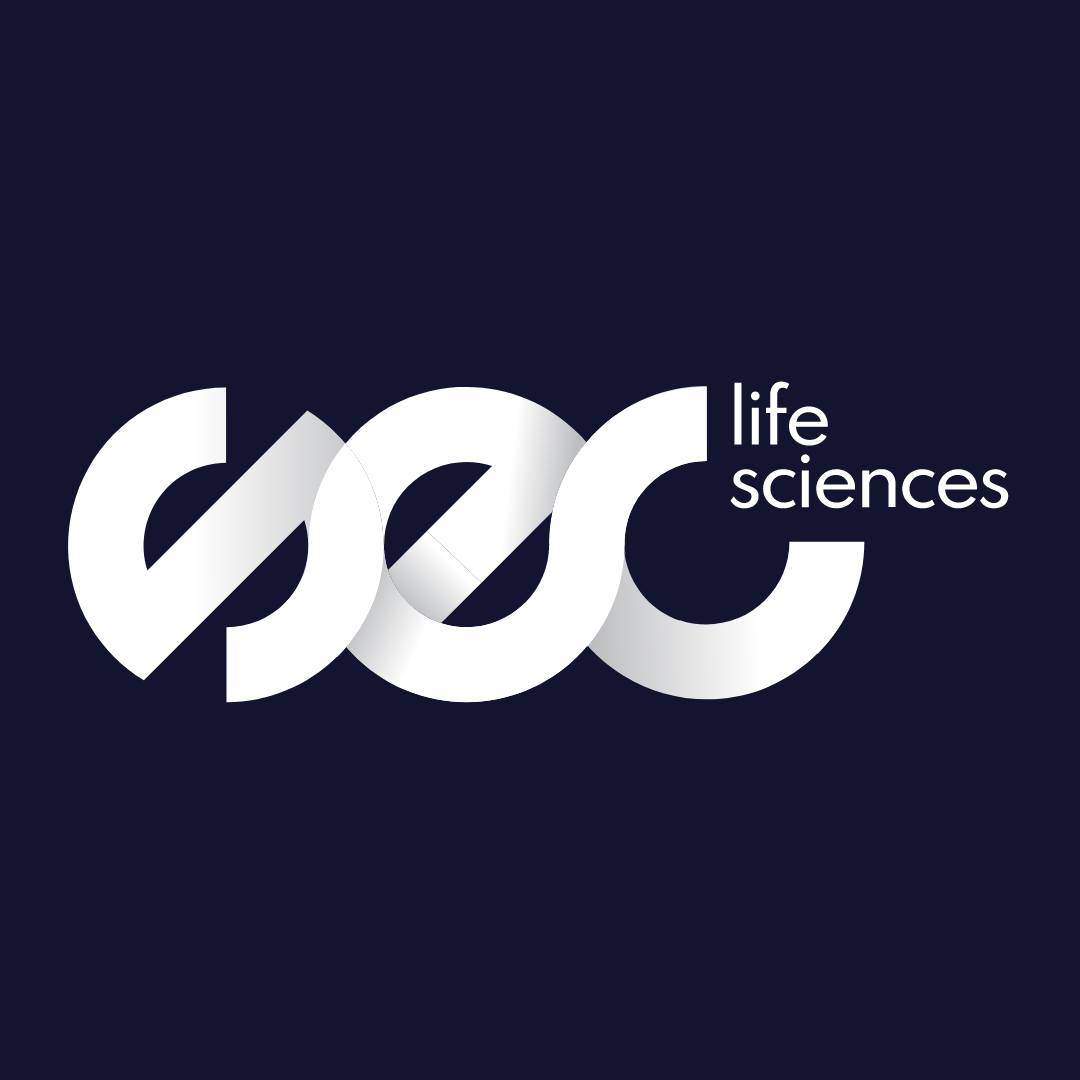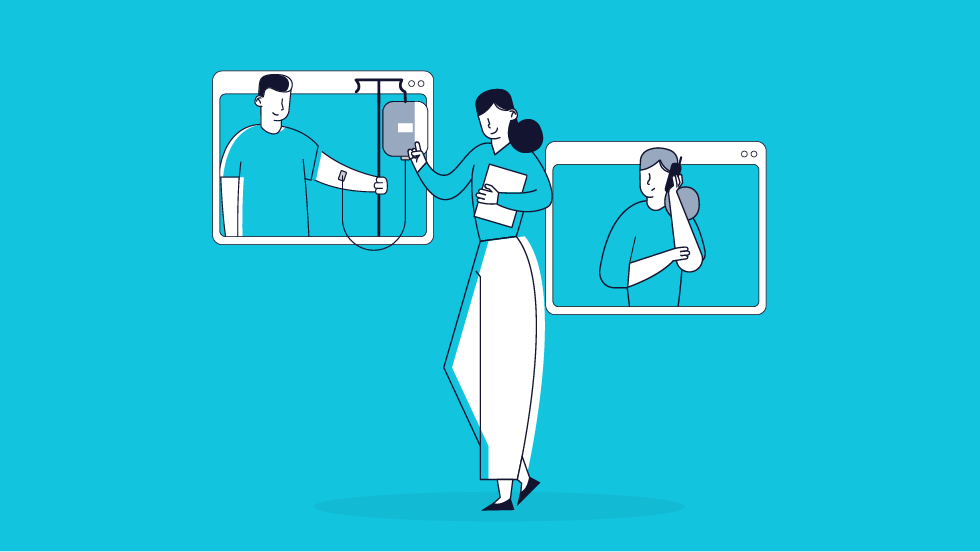
Latest News
A spotlight on life science and technology pioneers from the LGBTQ+ community
06 Jun, 20234 minutesJune resonates across the world as Pride Month, a celebration of the LGBTQ+ community. This ...

June resonates across the world as Pride Month, a celebration of the LGBTQ+ community. This month embodies a dual spirit of reflection and recognition: reflecting on the struggles for equality and recognition of the monumental contributions made by LGBTQ+ individuals across various fields.
Today, we honour five luminaries from the LGBTQ+ community—Alan L. Hart, Sophie Wilson, Alan Turing, Ben Barres, and Dr. Sara Josephine Baker—whose work in the life sciences has left an indelible mark on the world.
Alan L. Hart: a radiology revolutionary
Alan L. Hart, born in 1890, made significant strides in both his personal and professional life. As one of the first transgender men in the US to undergo transition surgery, Hart navigated a path less travelled. Simultaneously, he demonstrated remarkable expertise in his medical career. Upon earning an MA in Radiology from the University of Pennsylvania, Hart was at the forefront of employing X-rays to detect early stages of tuberculosis.
During the early 20th century, tuberculosis was a rampant epidemic, and Hart's revolutionary work significantly curtailed its spread. Through his dedicated efforts, he established screening clinics in Idaho and rural areas, saving thousands of lives and leaving an indelible mark in the history of public health.
Sophie Wilson: The powerhouse of mobile computing
Sophie Wilson, a distinguished transgender computer scientist, is perhaps one of the most influential figures in the digital era. Her brilliance shines through the technology you're likely holding right now—your smartphone.
In 1978, Wilson designed the Acorn Micro-Computer, marking the genesis of Acorn Computers Ltd. The 1980s saw Wilson and her team developing the ARM processor, a small yet mighty device capable of revolutionising personal computers. This innovation gradually found its way into Motorola devices and, ultimately, into the heart of more than 60% of all smartphones today. Wilson’s technology has irrefutably reshaped our digital world.
Alan Turing: The maestro of modern computing
Regarded as the father of modern computers, Alan Turing's influence transcends industries, impacting everything from artificial intelligence to cryptography. Turing was the genius who cracked the Enigma code during World War II, a feat that potentially shortened the war by two years.
A pioneer in artificial intelligence, Turing introduced the "Turing Test," challenging the idea of machine intelligence and prompting us to consider whether computers are capable of thought. His brilliance, however, was overshadowed by the unjust persecution he faced due to his sexuality. This serves as a stark reminder of the ongoing struggles for acceptance and understanding faced by LGBTQ+ individuals, even as we strive for a more inclusive society.
Ben Barres: A beacon of equality and neurological insight
Another luminary of the life sciences industry is the late Ben Barres, a transgender neurobiologist renowned for his groundbreaking research and advocacy for diversity in science. Known for his transformative work at Stanford University, Barres unveiled the mysteries of glia, the most populous type of brain cell, revolutionising our understanding of the brain.
Barres' contributions to science went far beyond glial cells, which he discovered play a critical role in the formation and elimination of synapses and the production of myelin, a vital substance that sheaths neurons. His election as the first openly transgender member of the US National Academy of Sciences in 2013 affirmed his stature as a leading scientist.
More than a neurobiologist, Barres was also a tenacious advocate for equality in science. He devoted considerable energy in his later years to explaining the hurdles he faced as a woman in science and championing corrective measures for a system he perceived as inherently biased against the advancement of women and minorities. He fervently advocated for mentors to take more responsibility in training and fostering the success of their students and postdocs.
Dr. Sara Josephine Baker: A champion in public health
Dr. Sara Josephine Baker, a self-taught physician, stands as a testament to relentless determination and innovation in the realm of public health. As the first woman to earn a Doctorate from New York University Medical School, Baker was instrumental in reducing the spread of Typhoid and improving infant mortality rates across the USA.
Her detective work in tracing a Typhoid outbreak to a cook—later known as "Typhoid Mary"—saved over 90,000 children’s lives. Baker's establishment of the Federal Children's Bureau in 1909 revolutionised children's health and hygiene, significantly improving infant mortality rates across the USA.
Pride Month is a time to celebrate the myriad of contributions from the LGBTQ+ community, and we are recognising pioneers who have enriched our understanding of life sciences. Their innovation has not only advanced our knowledge and understanding but also demonstrated the immense value of diversity and inclusion in the life sciences and all STEM fields. Remembering and honouring these pioneers during Pride Month is integral because their experiences and contributions tell a story of triumph over adversity.
It's a story that embodies the spirit of Pride Month, inspiring current and future generations of scientists from all walks of life to persist, innovate, and leave their own mark on the world. By celebrating these remarkable individuals, we remind ourselves that progress is made through the inclusivity of all voices, regardless of gender identity or sexual orientation.


